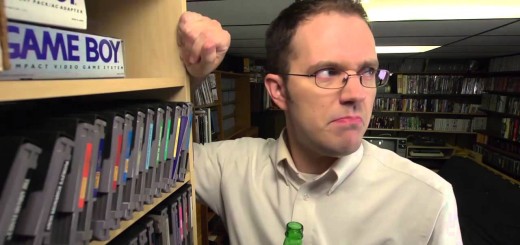The Art and Mania of Salesmanship in David O. Russell’s JOY

With JOY, David O. Russell ostensibly ventures into new territory, discarding the uncomfortable humor and dysfunctional romance that have characterized much of his filmography. While the film’s subject matter doesn’t initially appear to lend itself to O. Russell’s habit of undermining generic conventions, O. Russell still finds ways to subvert the rise and fall template of biopics by imbuing each moment with the sense that the titular protagonist’s livelihood could come crashing down in an instant. For the most part, O. Russell avoids the pitfall of valorizing his protagonist (Joy Mangano, inventor of the Miracle Mop) by showing the immense risk that Joy takes on to realize her fantasy. The capitalist labyrinth that Joy has to maneuver is shown to be a ridiculous series of hoops to jump through, such that each expenditure of family capital casts doubt on whether her invention is worth accumulating debt and neglecting her household duties to pursue. That the audience’s presumed knowledge of Mangano’s success in real life doesn’t take away from the film’s intrigue is a testament to the detail with which O. Russell depicts entrepreneurship. What makes the greatest impression is not the lead’s brilliance and triumph, but rather the random bumps throughout the process and the arbitrary circumstances that lead to her success.
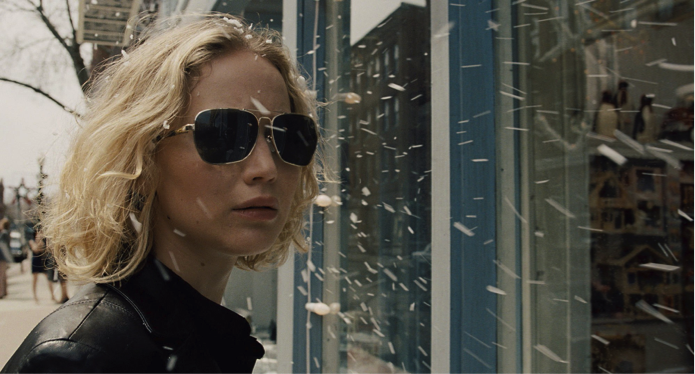
The film opens with an idyllic flashback shot in grainy 16mm film stock of Joy as a young girl with a knack for coming up with inventions, and then transitions jarringly to a dark silhouette profile shot of Joy within a closet speaking to her grandmother (Dianne Ladd) who had been narrating Joy’s childhood. With this jolt into the present, O. Russell takes the viewer out of youthful reverie and into the banal chaos of everyday life in the Mangano household. O. Russell quickly introduces the notion that Joy’s dreams haven’t been realized and she’s serving as an all-purpose maid for her family while also working at an airport, lamenting her failure to get her dog collar patented. Joy’s mom sits listlessly on her bed watching a surreal soap opera while Joy’s ex-husband (Edgar Ramirez) and father Rudy (Robert De Niro) battle for space in the basement, her two children and grandmother adding to the house’s claustrophobia. When compared to O. Russell’s collection of alternately neurotic and oppressive families, the Mangano’s seem positively innocuous. However, O. Russell’s cramped and entropic mise en scène conveys the notion that, no matter how well-meaning Joy’s relatives might be, they still serve as physical obstacles on her path to self-actualization. A ceiling leak turns the house itself into an agent seeking to undermine Joy’s peace of mind.
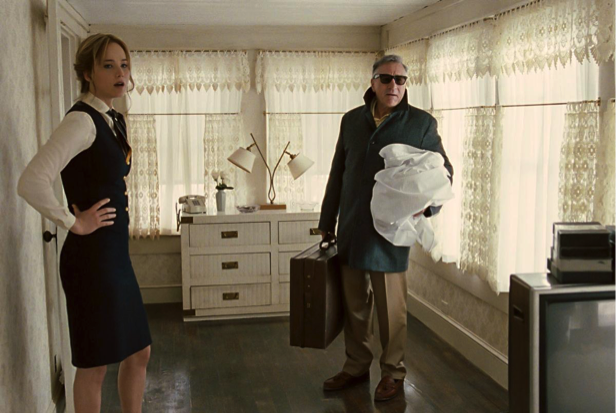
JOY marks David O. Russell’s first official film in the 1.85 aspect ratio since FLIRTING WITH DISASTER and a corresponding shift in the visual style to emphasize the interaction between actors and their physical surroundings. In his last few films, starting in 2010’s THE FIGHTER, O. Russell sought to construct his scenes around open spaces, allowing his performers freedom of movement in service of spontaneity, while having the architecture serve as a backdrop. AMERICAN HUSTLE was the logical endpoint of this stylistic strategy and O. Russell’s multiple camera, on-the-fly shooting method ended up occasionally making the mise en scène feel rigid in keeping its cameras being locked on individual actors. With JOY, O. Russell returns to the more classical sense of framing akin to his first two films, SPANKING THE MONKEY and FLIRTING WITH DISASTER, in which the compositions foreground architecture, emphasizing spatial relations between characters and doorways, walls etched with drab floral designs, beds, tables, wood stairs cushioned with carpeting and most consumingly, the TV. The film’s first act is devoted to capturing the ambience of the Mangano house, which serves both as an artificial movie set and lived-in space, and introducing the viewer to each family member as they go about their domestic life, something that few Hollywood directors (if any) have the patience to do.
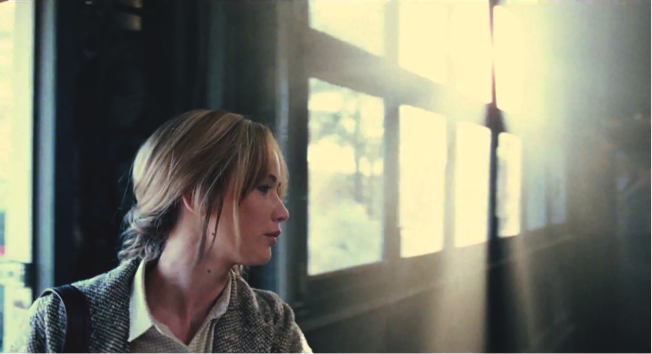
A charge that has been leveled at JOY and the late films of David O. Russell is that they sentimentalize their characters’ pursuits at the expense of maintaining a critical distance. However, in a time when films get lauded for espousing facile cynicism about capitalism and the American dream, it’s refreshing to see a film that invests in the fantasies that fuel capitalism while also showing the perverse behavior that said fantasies inspire. While JOY veers into Frank Capra-esque populist heroics, the drastic shift in tone when transitioning into business matters helps to offset the rabble-rousing. Isabella Rossellini’s brilliant performance as Judy is indicative of the somewhat ominous mood that the film conjures after Joy crafts her self-wringing mop. O. Russell introduces Judy in scenes of her laughing and singing, with O. Russell employing loosely framed group shots that give rise to a feeling of familial togetherness. During subsequent scenes set in the office of the Mangano family business, Rossellini’s performance becomes strangely menacing and O. Russell’s visual style changes, beginning to center on precisely framed shots of his characters placed in dramatic opposition. From this point on, the film departs from its quotidian mode and occasionally enters an operatic register in which the performances adopt the histrionic style of the soap operas Joy’s mom watches.
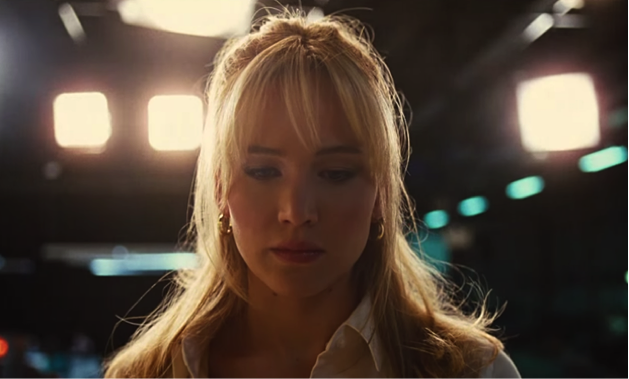
Though O. Russell allows the viewer to take pleasure in Joy’s underdog triumphalism, what leaves the greatest impression is the aggressive disposition that’s needed to overcome absurd obstacles in the business world. O. Russell contrasts the happy coincidences that allow Joy to succeed with the unsettling sense that random loopholes or oversights could have derailed Joy’s venture. Rather than going the conventional biopic route in which a lone genius succeeds through individual merit alone, O. Russell depicts all the complications in the process – the cops busting Joy’s parking lot mop demonstration, Joy having to take a second mortgage on her house to pay for thousands of mops, the mop not selling after a QVC on-camera star fails to use it properly, suppliers making unexpected billings and so on. By noting the sheer number of things that almost went wrong, O. Russell poses the question of whether it was worth it for Joy to take on the immense risk of selling this quirky household appliance at the expense of tending to her household. The film stops short of exploring this question because, one, Joy was successful, and two, rather than dealing with the tension between Joy’s familial obligations and her potentially irresponsible business endeavors, the film examines the emotional temperament that allows Joy to succeed in the entropic, male-dominated business world.
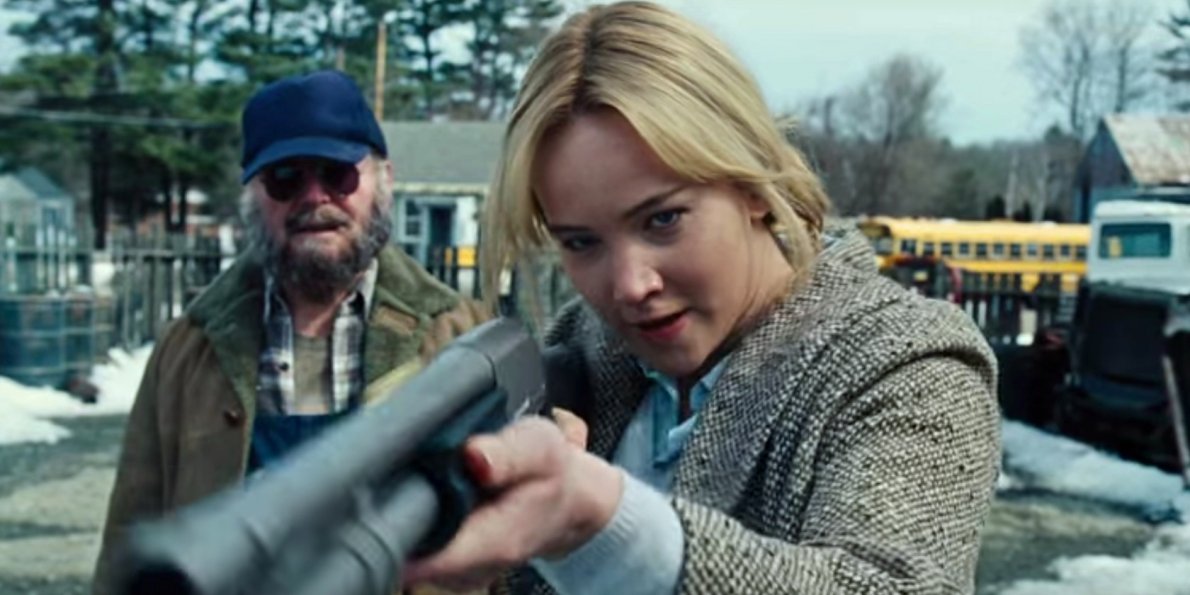
Some might take issue with the blunt way O. Russell introduces the conceptual underpinnings of his film. While there is a certain clunkiness to the way the film can announce its themes through dialogue, one must note the context and performance style that accompanies such platitudes. When the child version of Joy confronts adult Joy in a nightmare and says “the funny thing about hiding is you end up hiding from yourself” (paraphrasing), what registers more than trite sentiment is the haunting way in which the girl delivers this line. The unnerving tone of the nightmare carries over into real life where, upon waking up, Joy adopts a dispassionate exterior as she tells her father and ex-husband that they can’t live in her house anymore. In moments like this, Joy has to eliminate all traces of uncertainty or considerations for others’ feelings in order to convince her family and business adversaries to do what she wants them to do. For the rest of the film, O. Russell emphasizes Joy’s delving into egomaniacal self-possession – on the one hand the viewer is relieved to see Joy fight for her invention, but on the other, Joy’s single-minded drive to sell her product comes across as a form of mania.
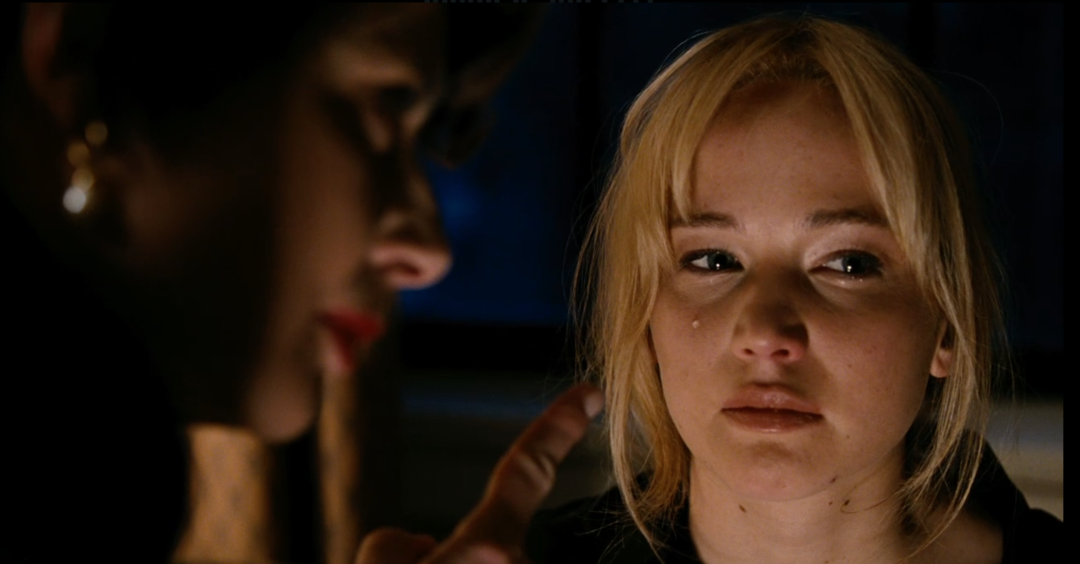
Jennifer Lawrence contrasts instances of performative aggression with vulnerable moments in which her facade gives way to a tortured inner life. Such a moment occurs when Joy learning about her invention being stolen causes her to tearfully reject her grandmother’s sanguine worldview and say, “The world doesn’t give you opportunities, it steals your opportunities and breaks your heart” (paraphrasing). Rather than affirming this platitude as a theme, O. Russell shows how Joy clings to pessimism to cope with the disorder of her life. O. Russell doesn’t allow the viewer to wallow in her self-pity by keeping the camera trained on Joy or positioning her in dramatic opposition to her hypocritical family members. Instead, O. Russell cuts to Joy’s frightened young daughter looking on at her mother having a nervous breakdown, a heartbreaking moment in which the cost of Joy pursuing her dreams is made clear. The film generally avoids foregrounding the dramatic construction of dreams vs. family in favor creating a chaotic world that evokes Joy’s lack of stable social structure or belief system. Halfway into the film, the QVC presents itself as a fantasy world in which Joy can transcend her familial identity and escape the pressures of day to day life.
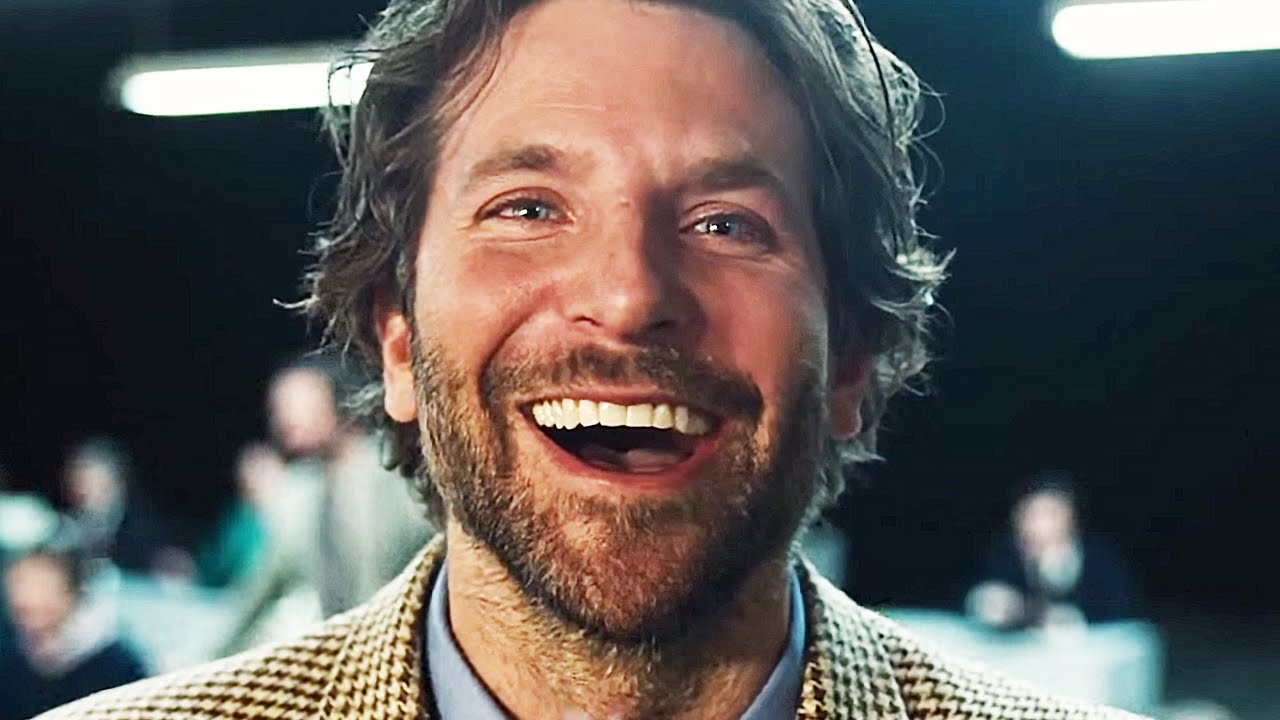
One can learn a lot about the film’s aims through the David O. Russell stand-in, QVC executive Neil Walker (Bradley Cooper), who tellingly references old Hollywood movie mogul David O. Selznick. Neil seduces Joy with the opportunity for the self-actualization that QVC provides both to its sellers and to its viewers. While some might take issue with the film’s non-critical embrace of Neil’s self-serious hokum, the emphasis falls not on glorification, but on documenting the gruff, stoic demeanor Cooper bears as his character tries to sell his life’s trade to Joy. The act of selling becomes the act of convincing oneself that one’s labor has value, with the corresponding hope that the conviction behind the sell will win over others. By focusing on the performative aspects of salesmanship without any trace of condescension, O. Russell allows the viewer to see both the beauty of self-expression inherent in the act of selling oneself, and the abstraction and self-delusion that goes into imbuing one’s work with existential meaning. O. Russell reflects the sense of liberation that comes with the transcendent potential of QVC in the mise en scène – the claustrophobic space of Joy’s house gives way to large conference rooms with transparent glass windows and open studio spaces with revolving, garishly furnished TV sets.
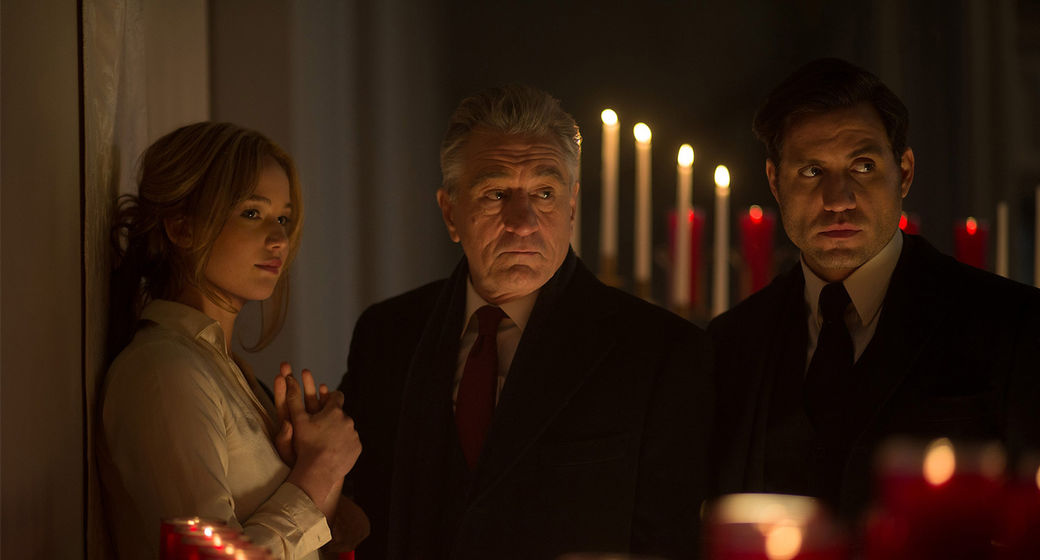
Following Joy’s QVC triumph, the film takes a turn into reflexive genre territory that is not wholly satisfying after the familial drama established during the film’s first hour. Instead of picking up the household threads that O. Russell dropped as Joy began to immerse herself in her entrepreneurial endeavors, the film plays up the drama involving Joy’s half sister Peggy and a competing business. In a scene at a memorial service, O. Russell evokes the THE GODFATHER through a murky candle-lit color palette and dialogue that explicitly recalls the conflict between Michael and Fredo Corleone. Is the film undermining our identification with Joy by drawing a parallel between Joy and the Michael whose transformation into a ruthless mob boss served as a critique of capitalism? Probably not, and in fact, O. Russell’s aims are likely the opposite – instead of rejecting capitalism as a dehumanizing force, O. Russell presents competitive capitalism as the only outlet Americans have for unleashing their creative energies. In a surreal sequence near the end that evokes the Western, O. Russell shows Joy as she escapes the terror of modernity through a momentary glimmer of freedom attained through a Wild West capitalism so central to this nation’s history that it would be too easy to dismiss out of hand.
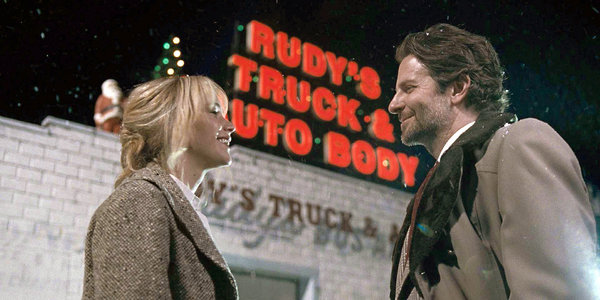
David O. Russell’s last three films are marked by an obsession with seduction, the act through which characters make their fantasy seem attractive to the objects of their seduction. The interactions between Neil and Joy are a prolonged game of seduction in which Neil keeps trying to coax a great performance out of Joy, like a director would. Central to O. Russell’s treatment of seduction is the way people construct social identities through performing in an adherence to shared fantasies. By showing Joy freezing up in her initial attempts to demonstrate her mop in front of executives and the viewing public, O. Russell documents the inorganic process through which she assumes a performative identity. Joy plays the role of down to earth, pragmatic housewife in her QVC performances and ruthless mafiosa in her business dealings. Late in the film, Joy rebukes her half sister Peggy for proposing that the family fund is an idea that Peggy and Rudy came up with. Joy condescendingly asks Peggy whether she has any idea how much it costs to fund an idea, recalling the sentiments of a surly business executive earlier in the film who told Judy to discard her mop invention and take care of her family. The same qualities in Joy the businesswoman that lead the viewer to identify with her are the same qualities that bring about her cruelty.
O. Russell ends the film on a perverse note after revealing that Joy ended up becoming a QVC icon. The film flashes forward to a time in the future in which the camera moves through a room full of Joy’s embittered family members who, as the grandma’s narration reveals, sought to claim ownership of the company. This tracking shot leads the viewer into a room resembling Vito Corleone’s office in THE GODFATHER, where Joy provides encouragement to a woman who is pitching her invention. One could read this scene as a glorification of the gracious businesswoman Joy over the comparatively unimaginative and envious family members. However, the way the grandma’s narration elides the particulars of the family feud and focuses on Joy’s triumph should make the viewer suspicious of the way this story is being framed. Joy has become the “successful matriarch” her grandmother wanted her to be, but all she can do now is trade niceties with her “friend in commerce” Neil Walker and look at the papier-mâchés she created as a child. Even after becoming a successful inventor and TV icon, Joy is still finding solace in the dreamworld she conjured as a child, still searching for the feeling that will cover up the emotional void at the center of her life.

